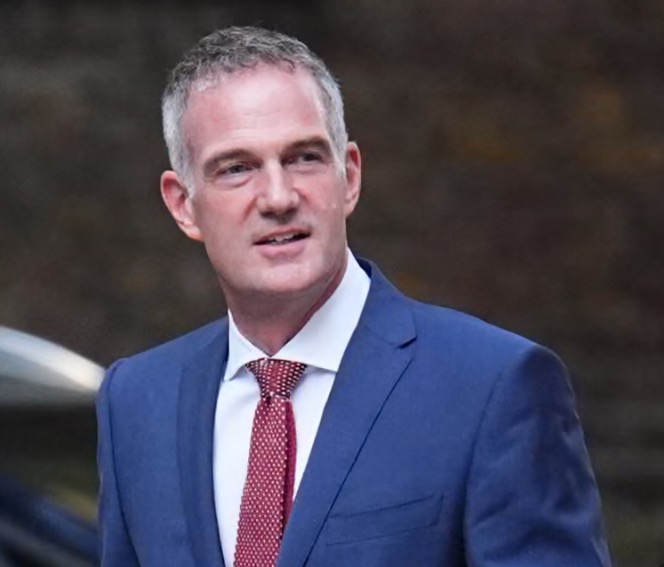Keir Starmer has tightened his grip on government with a sweeping reshuffle of junior ministers, a move that has sidelined key union allies and fuelled fears over the future of Labour’s flagship workers’ rights package.
The changes were also designed to sharpen Labour’s stance on immigration, with Shabana Mahmood, a rising star and self-described social conservative, taking charge at the Home Office.
She will be supported by Sarah Jones, who returns to her former policing brief.
One of the most significant departures was Justin Madders, the employment rights minister and a central architect of Labour’s new deal for working people.
Madders revealed on X that he had been removed from his post, even though his sacking was not listed in Downing Street’s official reshuffle announcements. “It has been a real privilege to serve… Sadly it is now time to pass the baton on,” he wrote, while urging his successor to press ahead with the Employment Rights Bill (ERB).
His exit, alongside Angela Rayner’s forced removal from two government posts and her role as Labour’s deputy leader, strips out the two figures most closely associated with shaping the bill.
Their departures have alarmed trade unions, who had hailed the legislation as Labour’s most ambitious commitment to workers’ rights in decades
Peter Kyle, a close ally of Starmer, has been promoted to lead the business department and will now oversee the employment rights brief. Some Rayner allies fear this could lead to the bill being watered down, pointing to longstanding unease among centrists over its more radical pledges.
The proposed package includes sweeping reforms such as day-one employment rights, a ban on zero-hours contracts, and stronger protections against fire-and-rehire practices.
A union chief said “Rayner was the closest minister to the unions… My concern is not about Keir’s commitment, but about whether anyone left in government truly understands the unions and has those personal ties.”
Starmer’s decision not to attend this year’s TUC conference has deepened concerns among union leaders. Inside Labour, some fear the reshuffle marks a broader shift towards centrist control, raising the prospect of fresh internal battles over workers’ rights.
Alongside the employment shake-up, Starmer has reorganised other departments. Ellie Reeves has moved from party chair to solicitor general, replaced by Anna Turley, while rising MP Georgia Gould has joined the education team. At the Home Office, Dame Diana Johnson has been reassigned to the Department for Work and Pensions, with Dan Jarvis retaining his security brief and gaining an additional Cabinet Office role.
Other casualties include local government minister Jim McMahon and defence minister Maria Eagle, both returning to the backbenches. Catherine McKinnell resigned from her post overseeing school standards and special needs reforms, declining to remain in government.
Starmer has also appointed Jason Stockwood, former chair of Grimsby Town FC, to the House of Lords as investment minister, despite his recent defeat as Labour’s Greater Lincolnshire mayoral candidate to Reform UK’s Andrea Jenkyns.
Defending the reshuffle, Chief Secretary to the Treasury Darren Jones said it was about decisive leadership in a time of crisis. He dismissed claims from Nigel Farage that Rayner’s removal would trigger party splits: “The Labour Party is not going to split and there won’t be an early election.”



